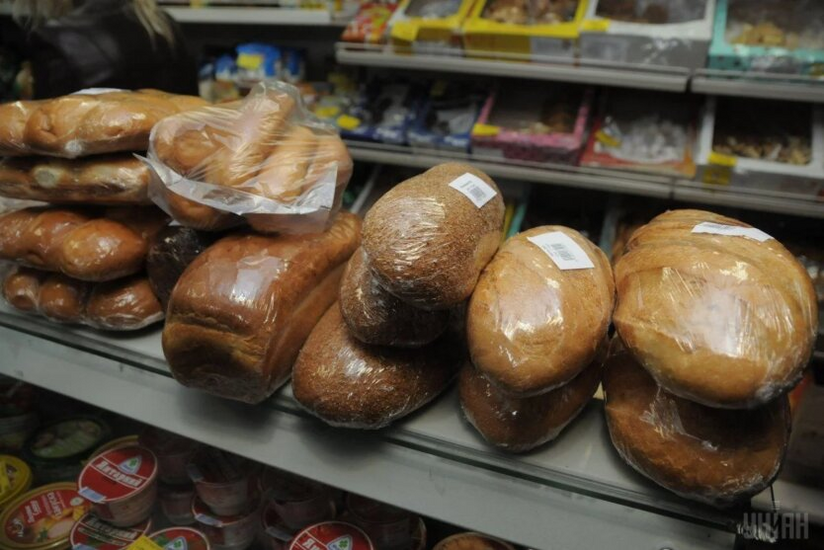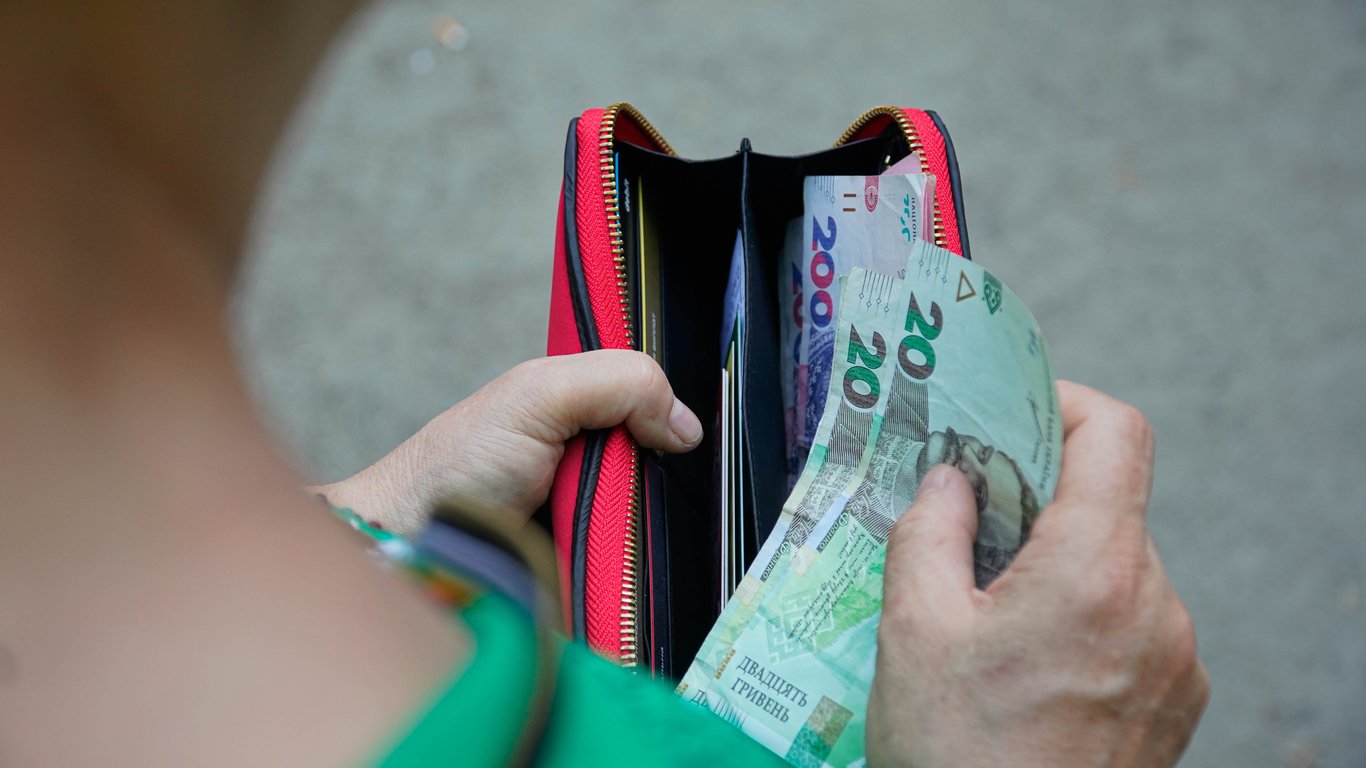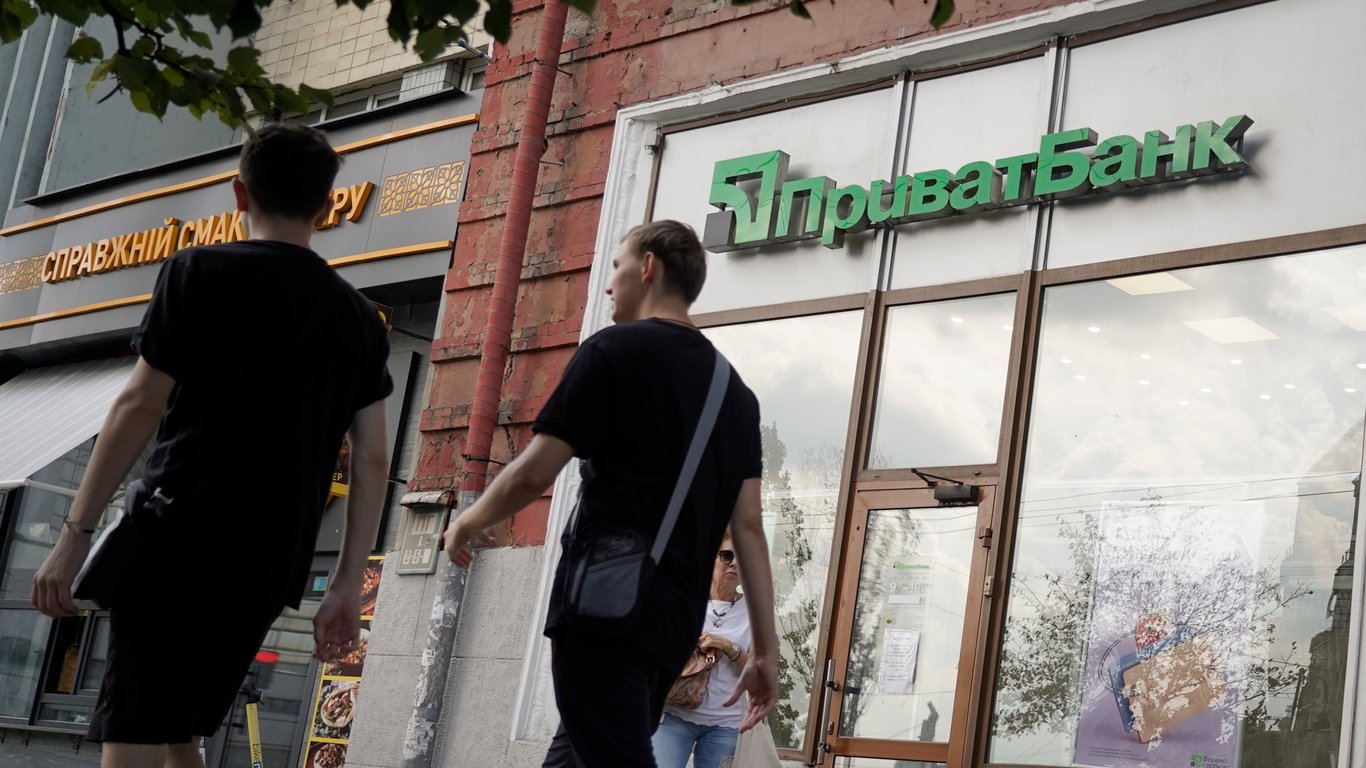Up to 100 Hryvnias for a pack of butter: why food producers are adding a 'buffer' into prices.


Ukraine is once again facing rising food prices. According to the State Statistics Service, consumer inflation in October increased to 9.7% compared to 7.5% in September. Among food products, this increase is 10.9% compared to last year.
The Ministry of Finance indicates that producers are forced to include a 'buffer' in prices as production costs continue to rise due to increasing prices of raw materials, energy sources, and logistics.
Bread and Bakery Products
According to Yuri Duchenkо, the first vice-president of the All-Ukrainian Baker's Association, bread prices in stores have already increased by 5-10% in October. Agreements on this were reached with retail chains.
'From November until the end of the year, we are expecting flour prices to rise by another 11% (currently bakers are buying it for 15-16 thousand Hryvnias per ton including VAT), packaging - by 10%, logistics - by 8%, gas - by 11%, electricity - by 11%,' Duchenkо reports.
Dairy Products
For many Ukrainians, prices for dairy products, especially butter, have become a real shock as they already exceed 100 Hryvnias for a pack.
Serhiy Vovchenko, head of the company 'Milk Alliance', explains: 'Initially, the price of raw materials rose by 27%. Then, electricity prices increased by more than 40%. Gas has also become more expensive. All these factors affect the cost of finished products.'
Eggs and Poultry Meat
Egg producers are also forced to raise prices. Serhiy Karpenko, head of the Union of Poultry Farmers of Ukraine, reports that in spring and summer, egg prices were lower than their cost, resulting in losses for poultry farms. Additionally, the cost of production continued to grow as grain, corn, and meal prices increased by 50% compared to June.
Future Forecasts
Experts warn that price increases in Ukraine will continue. By the end of November, inflation indicators may worsen.
'If we analyze various components of inflation, we can see that imports are rising slowly due to the stable exchange rate of the Hryvnia. However, the food products and energy goods sectors for businesses are experiencing high growth,' economist Oleksiy Kush notes.
According to him, retail prices are rising more slowly than industrial inflation, which is approaching 20%. This forces producers to raise prices to create a 'buffer.'
Read also
- Earning on Coins — Which Two Kopecks Can Bring You Up to 10,000 UAH
- From August 1 — which important tax will be canceled for Ukrainians
- Minimum Wage in Germany — when and by how much it can be increased
- A PrivatBank client had 76 thousand stolen by scammers - did the court help
- Kyiv residents spoke about whether they are buying euros at the record exchange rate
- There Will Be More Gold - How Scientists' Invention Will Change Resource Extraction









